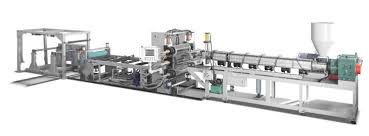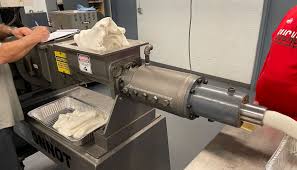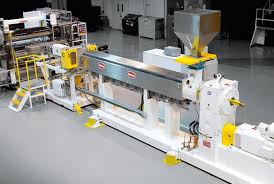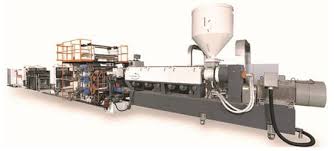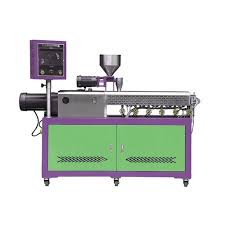In plastic and rubber extrusion, durability and precision are everything. That’s why more manufacturers are choosing the bimetallic screw barrel—a high-performance upgrade over traditional nitrided or chrome-plated barrels. Engineered to withstand extreme wear and corrosion, bimetallic barrels offer longer service life, better material flow, and lower maintenance costs.
What Is a Bimetallic Screw Barrel?
A bimetallic screw barrel is a type of extruder component made by combining two different metals:
Base layer (outer barrel): Usually made from hardened steel for structural strength.
Inner alloy lining (wear-resistant layer): Typically made from nickel-based or iron-based alloys infused with tungsten carbide or other hard materials.
This dual-layer construction provides superior wear resistance, corrosion protection, and thermal stability—even when processing highly abrasive or corrosive materials like PVC, fiberglass-filled compounds, or flame-retardant additives.
Key Benefits of Bimetallic Screw Barrels
Extended Service Life: Up to 3–5 times longer than conventional barrels, reducing replacement frequency and costs.
Improved Resistance: Excellent protection against chemical corrosion, abrasive fillers, and high-temperature processing.
Enhanced Productivity: Consistent material flow and melt quality help prevent downtime and increase product quality.
Lower Maintenance Needs: Less frequent breakdowns mean reduced labor and lower risk of production delays.
Common Applications
Bimetallic screw barrels are widely used in:
Plastic extrusion (HDPE, PP, PVC, PET)
Injection molding machines
Rubber processing
Fiber and film production
Recycling lines using heavily contaminated or reinforced plastics
Is It Worth the Investment?
While bimetallic screw barrels come with a higher upfront cost, the return on investment (ROI) is clear. Their extended operational lifespan and reduced maintenance requirements significantly lower total ownership costs. For manufacturers working with demanding materials, the long-term savings can be substantial.
Choosing the Right Alloy
Nickel-based alloys: Best for highly corrosive materials.
Iron-based alloys: Suitable for abrasive plastics at lower cost.
Tungsten carbide reinforcement: Ideal for extremely high wear resistance.
Final Thoughts
If your extrusion or injection molding process involves harsh materials or continuous high-volume production, upgrading to a bimetallic screw barrel could be a game-changer. It’s a smart investment in uptime, quality, and long-term profitability.


